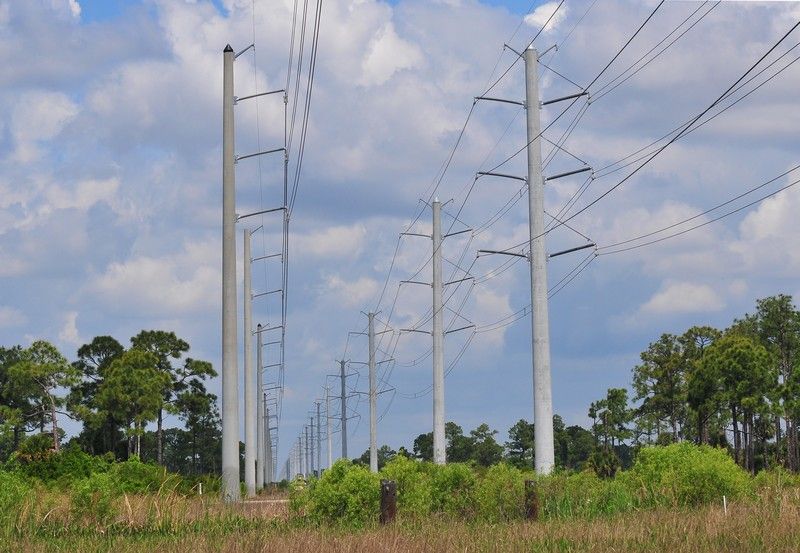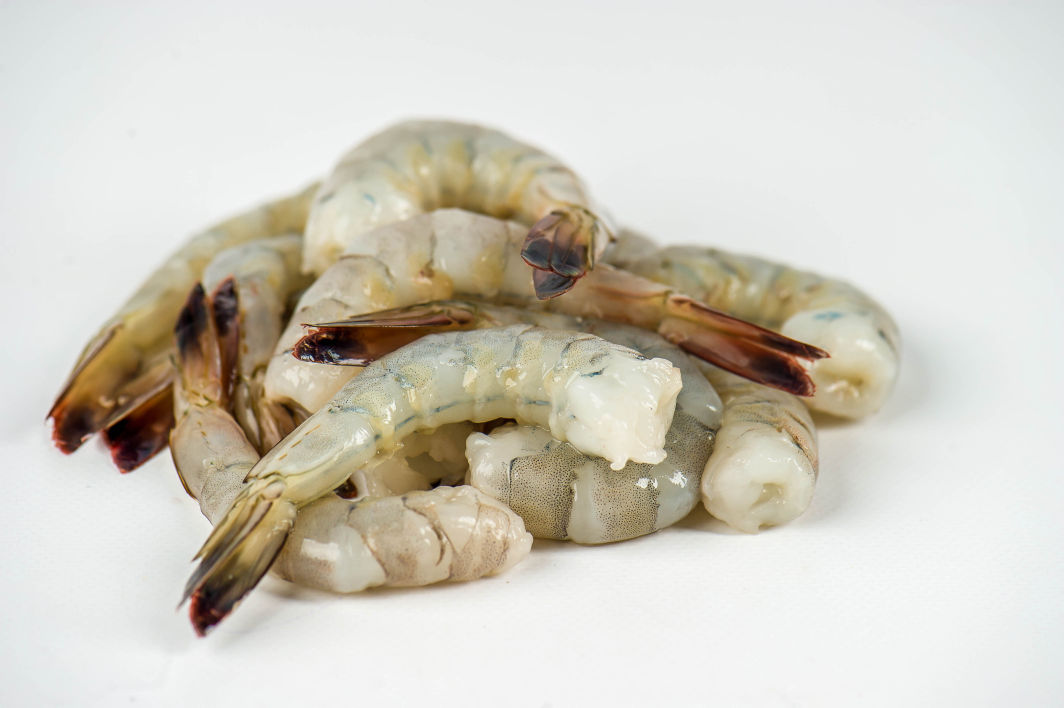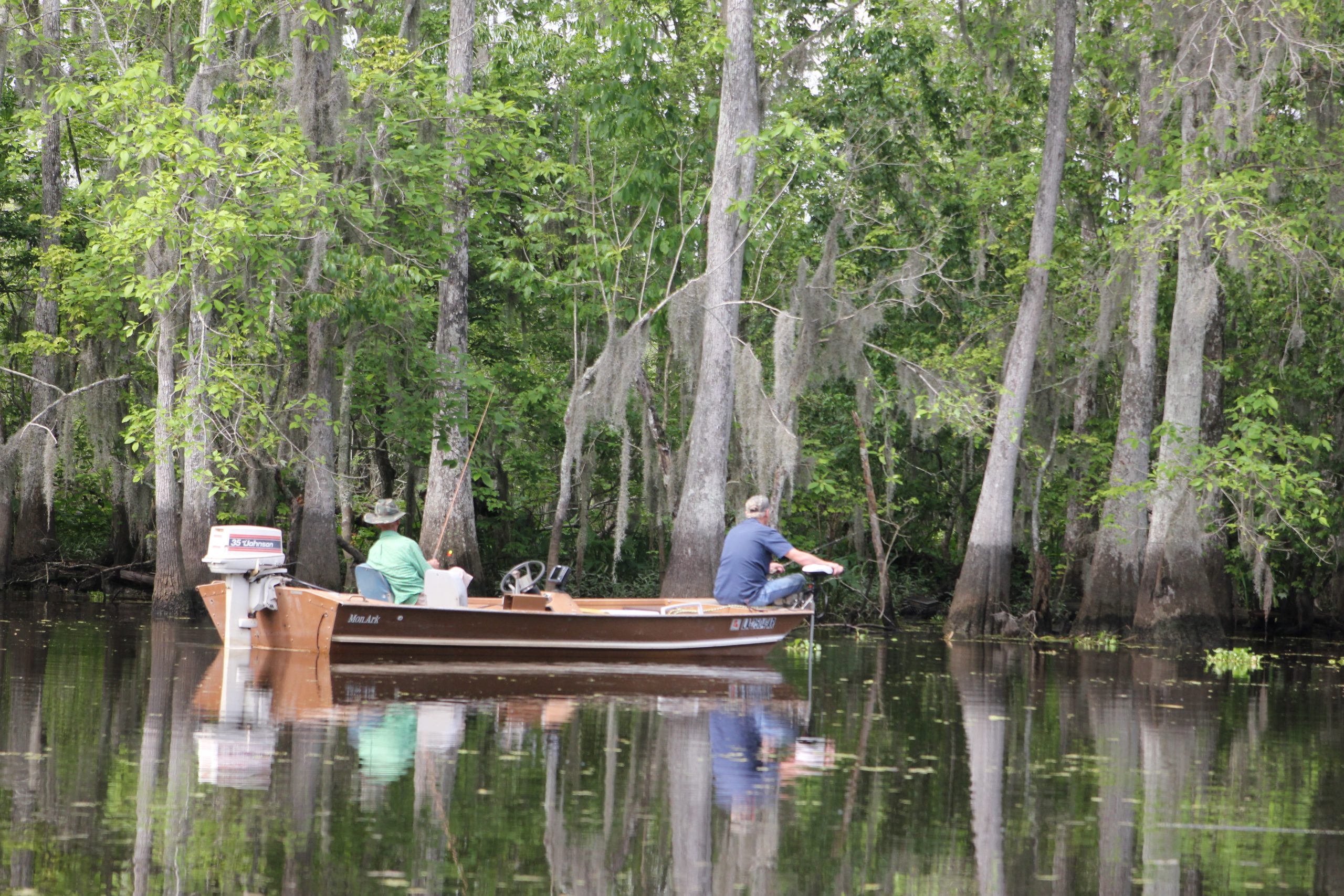
Summertime a chance to snag bass
July 29, 2015
Power outage along La. Highway 307
July 30, 2015Louisiana fishermen must wait nearly three more weeks before seeing proof in their nets of what the fall shrimp season will bring, and appear split on the question of whether the opening date set by state
The season’s official Aug. 17 start date, while acceptable to many fishermen and dock owners as well as processors, has also stirred rancor among shrimpers. Many suggest that changes in climate and in particular erosion of Louisiana’s fragile coast evince a need for new approaches to when shrimp should be harvested, and how those determinations are made.
Thwarting any potential for change or improvement is Louisiana’s woeful financial state, which has required cuts at various levels of state services over the years including fisheries budgets.
Emotions have run high, since year’s spring season was remarkably short and, in the opinion of many, started too late for the harvest to have maximum effect. That season opened May 18.
“The Department of Wildlife and Fisheries keeps saying they make decisions based on what is done historically,” said Kimberly Chauvin, owner of Bluewater Shrimp in Dulac and of three shrimp boats that work Gulf of Mexico waters. “They need to put that data on the side and look at some new stuff. Things are changing rapidly in this industry. You may rely on historical practices but in your history you have also never shut down fishermen after only twenty-two days. They have been begged to go out there and do testing of shrimp early and they didn’t do it. If the fisherman is telling you to do these things, don’t you think it’s time to do that?”
The spring season was only 22 days long because LDWF biologists said white shrimp were starting to appear in waters where the season’s target – highly migratory brown shrimp – were being caught. If not shut down, LDWF officials said, the usually lucrative white shrimp season could have been undermined.
White shrimp tend to congregate without heading to outer waters, but will start to move further toward the Gulf if disturbed.
That has traditionally been a recipe for conflict between shrimpers with big boats who can go farther out, and those with smaller boats – like Lirette – who only trawl inshore.
The fear of small boat shrimpers is that with the season starting later, white shrimp will migrate farther from shore more quickly.
Chauvin shrimper Kim Lirette, whose 40-foot wooden hulled boat, the Captain Poon, works inside waters, is among fishers who did not attend the meeting but preferred an earlier opening. Since the 2010 BP spill, Lirette said, she hasn’t been able to afford gasoline for trips to Baton Rouge, where the meetings are held.
“But I think it should be opening early this year on account of weather we are having,” she said, referring to recent high temperatures, which promote shrimp growth. “Why hold back shrimp that are reasonably sized now? They don’t protect the little shrimps in January through April. Big boats come in with two and three hundred boxes with a better price.”
The greater majority of fishermen who did attend the Wildlife and Fisheries Commission meeting last week, however, were overwhelmingly in favor of waiting for the shrimp to grow, joined by lawmakers and some dock owners; Not all of them were big boat operators. They maintain that if voices in favor of opening the season sooner – say, the first week in August – were there they would have been heard.
Wildlife and Fisheries Commission members also confirm that Louisiana’s Shrimp Task Force, an industry board that makes recommendations, never weighed on the matter.
“We were awaiting guidance from them,” said Commission Chairman Dan Davis, who notes that the decision for an Aug. 17 opening was based on the best scientific information available from state biologists.
“This year was very strange,” Davis said. “The Mississippi River at New Orleans was above 15 feet last week and that’s unheard of in the latter part of July. That has been one of the more particular things that has stuck out this year.”
And that’s where climate comes in, particularly in regard to salinity of the water.
When water exits the Mississippi, beach currents run east to west. So the water exiting the river ends up in the Barataria Basin. That means lower salt levels in waters west of the Mississippi and also west of the Atchafalaya. Terrebonne Parish, lying in between the two great rivers, gets higher salinity under those conditions.
Davis said the only way to protect resources for the future while fairly protecting the industry overall – from fishermen to docks to grocery stores and ice dealers – would have been to make for a later start date.
“It is a very complex problem,” he said, adding that while changes are would likely be beneficial, fiscal realities get in the way. “These departments are strapped for funding.”
Montegut shrimper Lance Nacio agrees, and acknowledges that the stakes are higher industry wide because the spring season started late in the opinion of many, was then halted abruptly, with market prices on a severe downward swing.
“This is one of the roughest years I can recall,” said Nacio, who runs two large trawlers. “In the fall, starting late is okay because it gives the white shrimp a chance to grow. In the spring our area was ready May 1 and they should have opened it then.”
Samplings of shrimp analyzed by state biologists, officials say, were once done on a broader basis; Chauvin fears that the current practices of the agency leave a lot open to chance, because of the potential that shrimp are maturing faster than current practices might indicate.
“We as a fishing industry need to know these things,” she said of temperatures, salinity and other data. “I know our coast is changing on a daily basis. We would have to look at the salinity of the water. I would like to know how they decide when they are going to start looking, what determines that. How many tests are they doing how are they doing it and where they are doing it?”
Chauvin would like to see LDWF list test information on their Web site, adding that archived video of Commission meetings wouldn’t be a bad idea either.
“We have to become a more efficient and smarter industry and some of that has to do with obtaining all information pertaining to what LDWF is finding and how they are determining things,” she said.
Despite differences in opinion on season starting dates, just about everyone in the industry interviewed last week agreed on one important point. More enforcement needs to be done targeting shrimpers who scoff at the law and set out to harvest outside of approved season dates.
Wildlife and Fisheries officials say they are doing the best they can with what they have to work with, noting nine closed season shrimping cases from April through July in Terrebonne, St. Mary and Lafourche, and 18 such cases coast-wide.
Wade Lacoste of Theriot was cited May 15 for using skimmer nets during a closed season. They seized 149 pounds of shrimp and nets in that case.
Agents cited Charlie Billiot and Ernest Dion Jr., 30, of Dulac June 2 for illegal shrimping and seized 1,495 pounds of shrimp and shrimp nets;
On July 14, agents cited Corey Joseph, 26, of Houma, Rodney Pellegrin Jr., 34, of Houma, and Cilombo Collins, 40, of Houma, for using skimmer nets during a closed season. Agents seized 86 pounds of shrimp and shrimp nets.
Easton Rodrigue, Marquis and Bryce Broussard, Kelly Lebouef and Sheri Arceneaux, all of Montegut, were similarly cited.
“If the people that outlaw would only leave the white shrimp alone,” said Lirette. “But they don’t leave it.”
Nacio agrees.
“The people who are consistently bootlegging, the state has to get a handle on that,” he said.
Shrimpers also said in interviews that erosion of Louisiana’s land means more open waters, and therefore a higher salinity in some areas, which will have to be addressed because salinity – like water temperature – can spur shrimp growth.
The dialogue for changes or improvements, a consensus of opinions shows, will likely need to involve the Shrimp Task Force.
In the meantime state officials say the Department of Wildlife and Fisheries is struggling to do the best job possible in a difficult fiscal environment, meaning that Louisiana’s next governor, along with legislators, will be the ones in a position to truly enable change.
“I would like to see more money funded for shrimp research,” Davis said, offering praise to LDWF staff struggling under fiscal constraints. “I think they are doing a great job. I am proud of hat they do with their limited budgets.”













